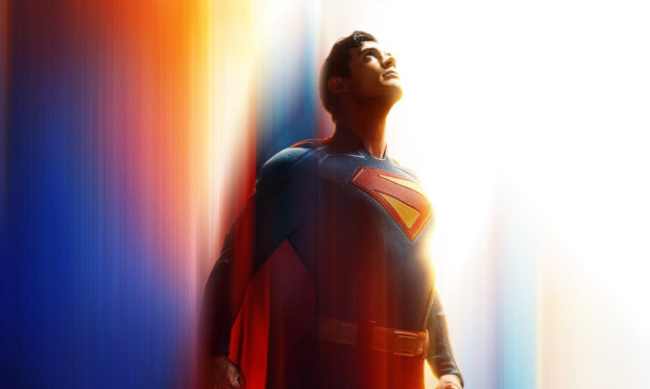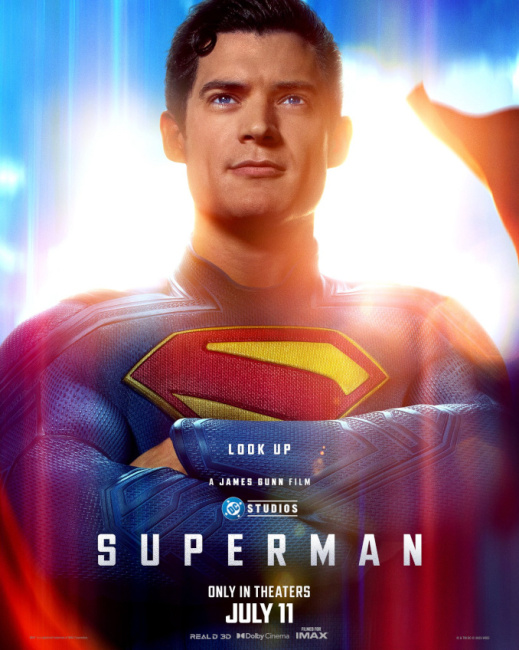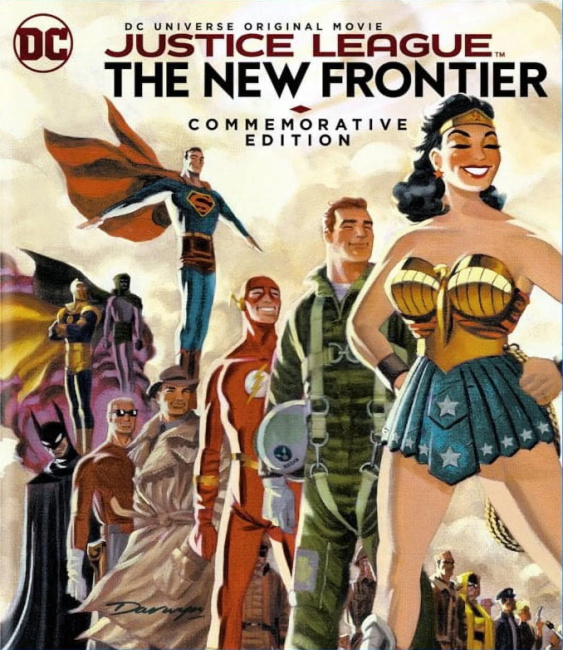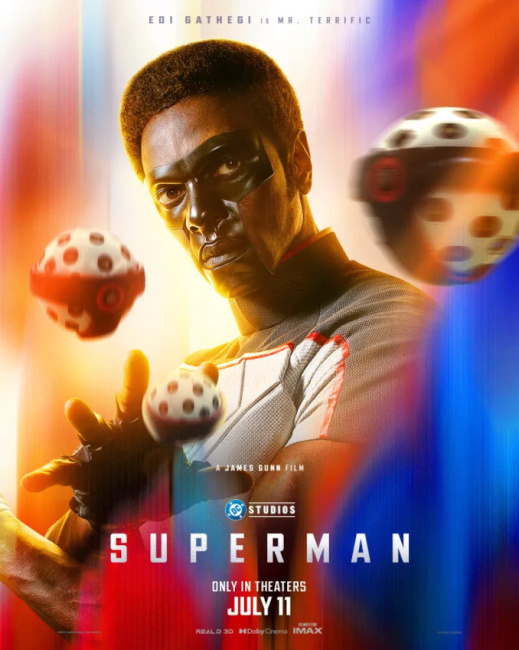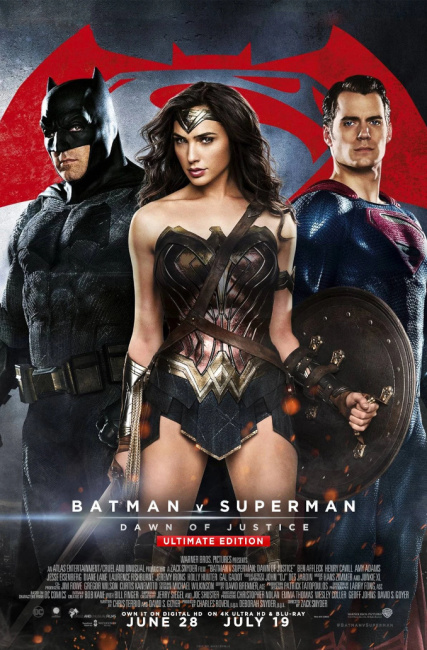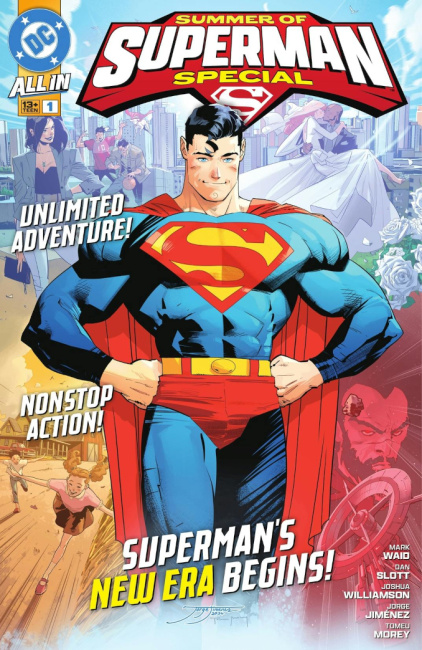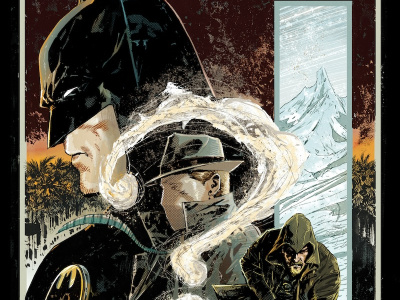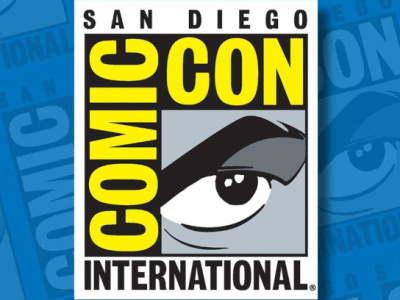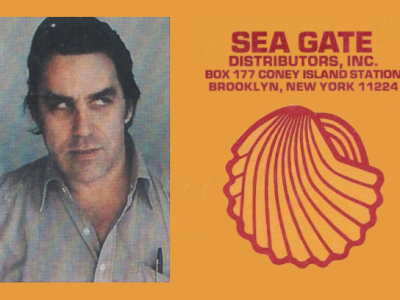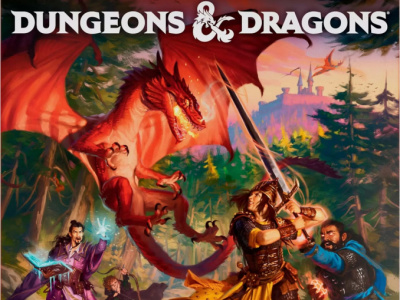Everything is looking up for the Man of Steel. James Gunn's Superman scored an impressive $122 million at the box office in North America and is closing in on a quarter billion worldwide after its first weekend (see "’Superman’ Tops Box Office"), and fans are mostly leaving the theaters with smiles on their faces.
It's a big and much needed win for Warner Bros., the studio that owns DC Comics, which has had a rough few years. It's a vindication of the creative direction of new DC movie masterminds James Gunn and Peter Safran, whose elevation raised a few eyebrows (see "DC Studios Gets Two Heads"). It could also have some knock-on effects that could benefit the market at a time when we all need some good news.
A Superman for all seasons. With Superman, Gunn sensibly ignored the 21st century trend of trying to make superhero movies "believable" by drenching everything in world-weary cynicism and shades of gray. The world of Superman is the world of the comics, and there are elements in the movie that fans from the 60s, 70s, 80s and modern eras can all recognize.
Gunn appears to have learned all the right lessons from everyone from Mort Weisinger to John Byrne to Grant Morrison. The movie walks the line between earnestness and silliness, held together by a pitch-perfect performance by David Corenswet. Because of this approach, everyone from lapsed old-time fans to kids can easily walk into a comic book shop and pick almost anything off the reprint shelf that sounds notes from the movie. DC has made this more convenient and affordable with the DC Compact Comics line and various DC Finest collections.
DC's long bench. The character of Superman is part of American folklore, but the same can't be said for the other heroes who play supporting roles in the new movie. James Gunn reached into the bottomless grab-bag of DC costumed characters and somehow emerged with Mr. Terrific, Hawkgirl, Metamorpho and Guy Gardner.
It's not a surprise that the director who made household names out of Groot and Rocket Racoon would select similarly obscure protagonists, but it's definitely a risk. To be honest, this was the part of the movie I had the deepest reservations about based on the previews. I wouldn't say Superman perfectly stuck the landing on these elements, though there was more good than bad.
Edi Gathergi's portrayal of Mr. Terrific qualifies as a breakout performance, creating a genuine fanbase for the character for the first time in his nearly 85-year history. "Mr. Terrific" experienced a 100x increase in searches since the debut of the movie, according to Google Trends, and the character is the subject of features in lots of publications despite having, let's admit, one of the all-time stupidest names in comics. Will that translate to sales of the current Mr. Terrific: Year One series by Al Letson, Valentine De Landro and Edwin Galmon (see "Mr. Terrific to Headline")? Time will tell, but I suspect it can't hurt, since comics are currently the only place you can catch up on his backstory.
No Dark Knights need apply. Perhaps the biggest boost that the success of Superman gives to both Warner Bros and DC is that it breaks the dark, cold grip of The Bat. Since the 1980s, and certainly for the majority of the 21st century, the commercial and cultural dominance of Batman has been the signal success of DC properties, for good and ill.
Not that there's anything wrong with Batman. I love the perpetual night and gothic glory of Gotham City as much as the next guy, and you can't beat the Bat-family's stable of villains. Also, because Batman is human, his stories get you a little bit closer to the real world in terms of the kind of grit and detail you can throw in.
But great comics are also about escapism. For people who didn't much care for the preceding era of the DCEU, the main criticism is that everything was so dark, so gritty and so tied to the Bat-mindset that it made it difficult to establish a lighter tone. Even characters like Wonder Woman and Flash, who tried to bring a different look to the DCEU, were rooted in the tone and aesthetics established by Batman v Superman: Dawn of Justice.
From a market perspective, standing up an alternative to Batman (as long as Batman himself is still also a strong performer) opens up some new surface area for DC storytelling, and gives permission to creators, including filmmakers, who don’t want every line of dialogue delivered through clenched teeth.
In terms of escapism, yes, Superman features a power-mad, xenophobic, billionaire secretly in cahoots with a foreign dictator (he’s the villain, in case that point is somehow controversial). However the movie also perfectly delivers on the central fantasy that has animated Superman for nearly 90 year: not that a man can fly and throw cars around, but that he uses those abilities to help the underdog rather than aggrandizing himself.
Up, up and away? The past couple of decades have shown that there isn't a dependable cause-and-effect relationship between the box office success of a comic-based property and an increase in sales of the underlying comic IP (although it is often good for the value of the license in other kinds of spinoffs and merchandise). There's no guarantee that Superman will lead to anything either.
Unlike most other properties, though, Superman isn't a character who needs a general introduction to the broader public. He just needs an existing global fanbase to take a fresh look and decide, "Yeah, I've been missing this. Where can I find more?"
Hopefully DC, its distributors, and the direct market are ready to step up with a good answer.
The opinions expressed in this column are solely those of the writer, and do not necessarily reflect the views of the editorial staff of ICv2.com.
Rob Salkowitz (Bluesky @robsalk) is the author of Comic-Con and the Business of Pop Culture, a two-time Eisner Award nominee, and a proud longtime contributor to Eisner-nominated ICv2.



